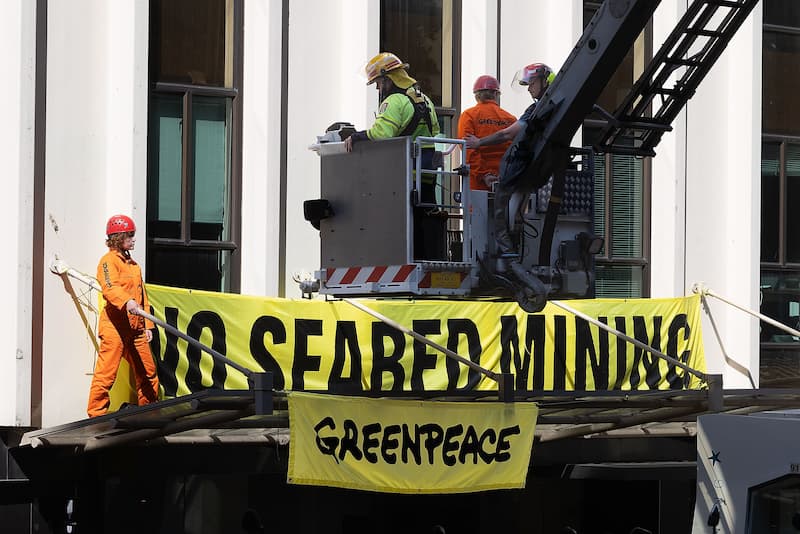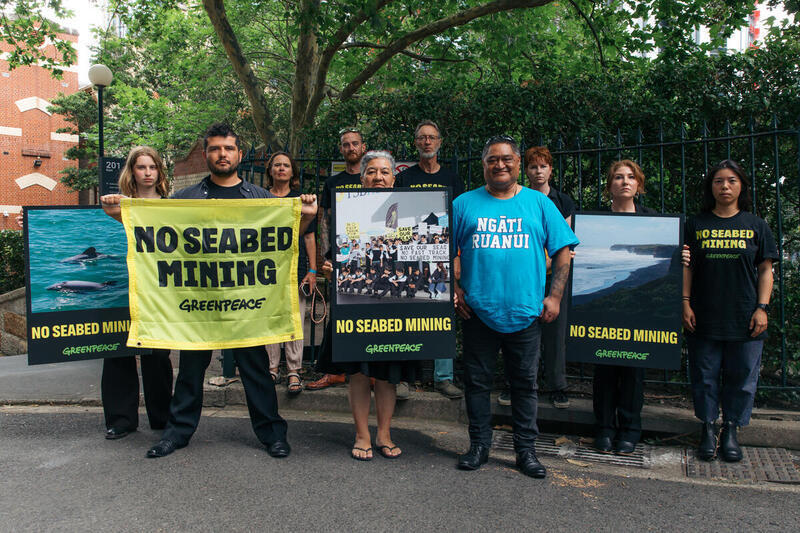Jake Roos from Don’t Burn Our Future explains the damage caused by growing crops for fuel and what the Government should be doing instead.
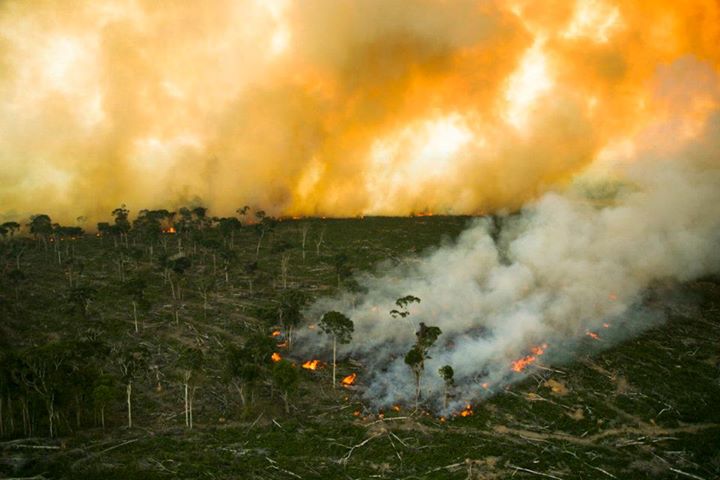
If the government’s plans come to fruition, from 1 April 2023, our future could go up in flames. Unless we change course, a new law will require domestic fuel suppliers to add a percentage of biofuel to petrol and diesel.
Mandating biofuels might sound like great news. It sounds like our government is doing something to reduce New Zealand’s dependence on fossil fuels and reduce CO2 emissions. But sadly not: just because something has ‘bio’ in its name, doesn’t mean it’s green.
The ‘sustainable biofuels mandate’ is not green. However well intentioned, the mandate will worsen climate impacts and further increase our food and fuel costs.
What are biofuels?
Liquid biofuels are fuels produced from plant or algae material, or animal waste like tallow from meat processing.
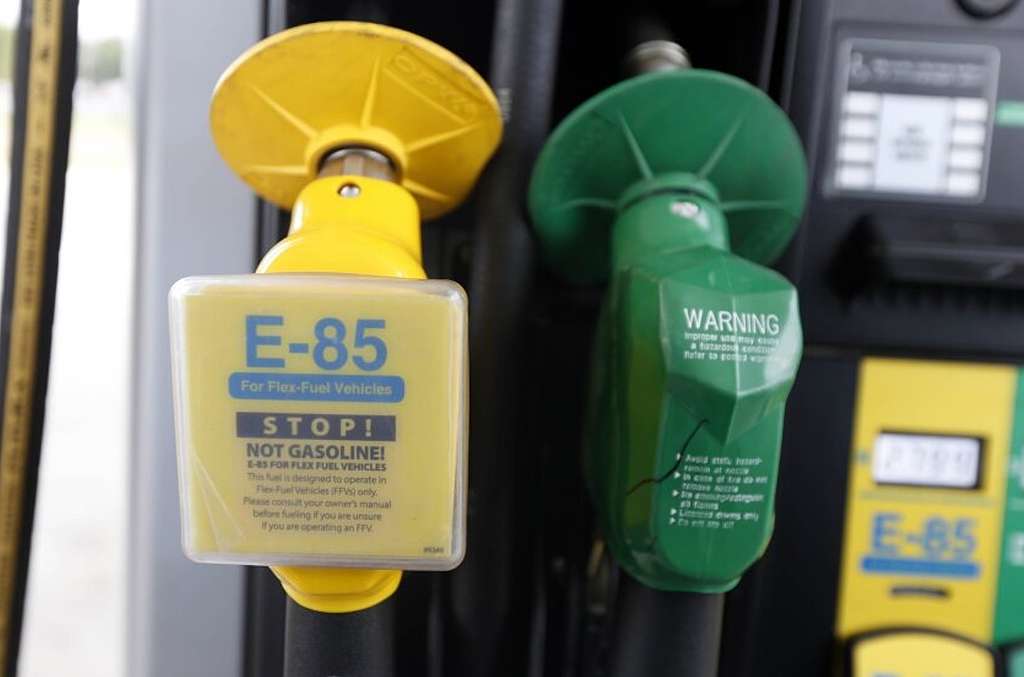
New Zealand simply doesn’t have enough sustainable sources to make the quantities of biofuel needed each year to satisfy the mandate.
The proposed idea of using pine forest waste for biofuel is a mirage: it is new technology that would be hugely expensive to use, and there are no plants presently operating here, or anywhere in the world.
To meet fuel demand we would have to import biofuels from global suppliers. At these volumes the likely biofuels are ethanol (for petrol) and Indonesian and Malaysian palm oil (for diesel).
Over the past 30 years, these countries have cleared around 19 million hectares of mostly virgin rainforest for plantations. For comparison, New Zealand’s total land area is 27 million hectares. Each year plantation burning of ‘unproductive’ trees produces about 1% of global greenhouse emissions.
For ethanol, the only large volume sources are food crops like maize, wheat and sugarcane.
Growing food to feed engines rather than people drives deforestation. It destroys the habitats of species such as orangutans, and the livelihoods of indigenous people.
When counting the emissions of clearing land for crops and from the fertiliser, water, transportation and processing, most biofuels have higher global greenhouse gas emissions than using fossil fuels.
Mandating biofuels is more bad news
Biofuel mandates in the US and Europe have caused untold havoc and misery. Since 2011, the European Union’s legal requirements for biodiesel have added demand for land to grow crops. They have destroyed forests the size of the Netherlands and increased global emissions massively. This would not have happened if not for the mandates.
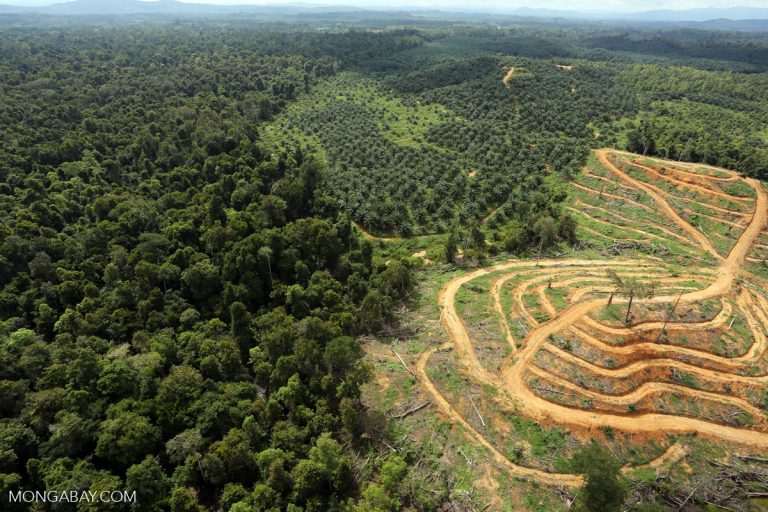
Despite this, biofuels feature in our own national Emissions Reduction Plan. The Climate Change Commission suggested the mandate. They believe biofuels will reduce short term emissions, pending more significant initiatives.
The biofuels obligation cabinet paper was presented to the Cabinet Environment, Energy and Climate Committee in October 2021. It outlines all the negative impacts the mandate could have and acknowledges that New Zealand will have to import biofuels to satisfy it.
But the Cabinet still signed it off. They insisted we will use only sustainable biofuels, even though they don’t exist in anything like sufficient quantities!
So why, since biofuel mandates, or obligations, haven’t worked overseas, is the Government planning to adopt them? We don’t know, but presumably the same factors that made biofuels attractive to European and US politicians apply here.
They look like an easy option, as nothing appears to change to consumers, apart from higher prices. These are soon forgotten in the noise of their usual variation, and the destruction caused is far away. Harms are so easily downplayed or disavowed through the biofuels’ long and opaque supply chains.
Don’t burn our future
We’re a group of volunteers who have launched Don’t Burn Our Future, because we can’t stand this nonsense any longer. New Zealand politicians need to learn from the EU’s difficulties sourcing ethical, non-food-based biofuels. We can already see the environmental and social costs of producing unsustainable biofuels. As global citizens we must now act responsibly.
To introduce our interest in this issue –
- I’m Jake Roos, a professional carbon reduction specialist and longtime advocate for real climate action. I first learnt about biofuels when working in the UK in the 2000s. I read research explaining the massive land use emissions of converting rainforest for biofuels which negated any benefit. Subsequently I told the biofuel salesman knocking at my employer’s door to take a hike.
- David Keat worked for many years in South East Asia, the Middle East and Europe as an engineer and senior executive in the oil industry. He lived for five years in Borneo and West Malaysia and witnessed first hand massive rain forest clear felling for palm oil and the annual dry season burning. As an engineer he can clearly see the hypocrisy, false promises and rent seeking behind climate friendly claims for biofuels.
- Dr Paul Callister is an economist whose research focuses on low emission transport options for New Zealand. Paul has undertaken research on alternative fuels for aviation. As part of that work, he’s come to understand how biofuel from crops is a disaster for the climate and for food security.
- Robert McLachlan, is Distinguished Professor in Applied Mathematics at Massey University. Robert writes on climate and environmental issues at planetaryecology.org. He and Paul recently studied the options for reducing New Zealand’s greenhouse gas emissions from aviation.
We believe the truly climate-friendly changes urgently needed to cut transport emissions are:
🌏 to generate more renewable electricity,
🌏 to drive less,
🌏 to drive in electric vehicles, and
🌏 to walk, cycle and use public transport more.
Using liquid biofuels puts off making necessary changes, as well as increasing emissions. We are wasting time on non-solutions, and unfortunately time is not a renewable resource.
You can support us by signing and sharing our petition and following our facebook page.
For more information and analysis on this topic, see our campaign website.

Growing crops for biofuels drives the destruction of the natural world, will worsen the impacts of climate change and increase the costs of both food and fuel.
Sign the petition
